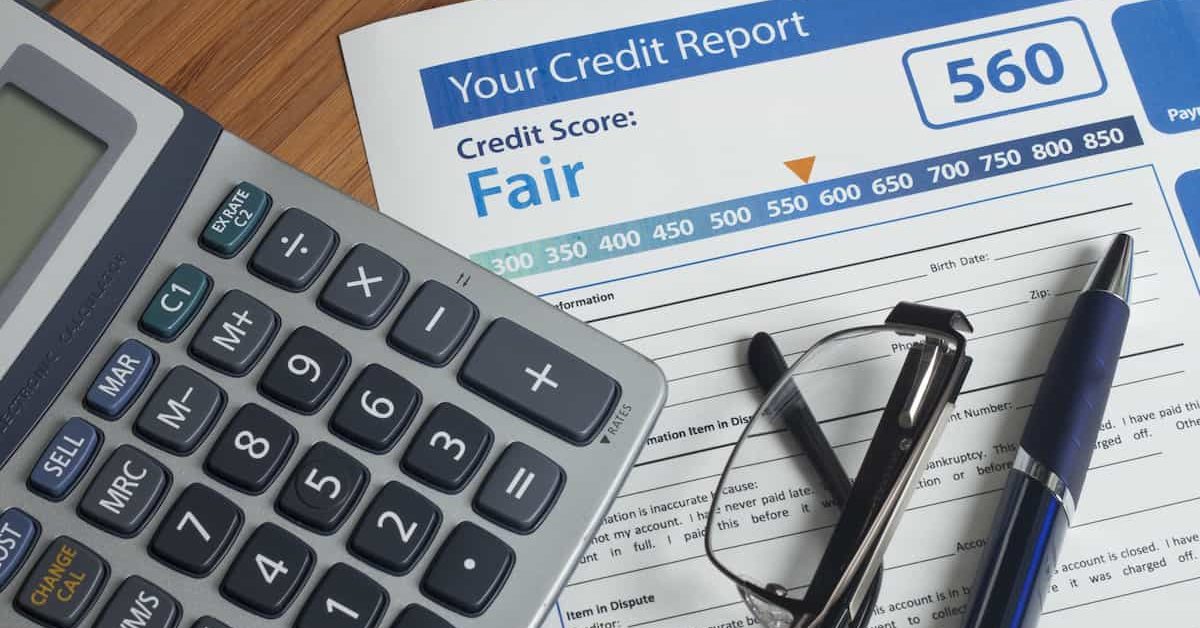
3 Tips for Getting Approved for a Personal Loan with Bad Credit
- Home / Blog
 17/06/2020
17/06/2020
A personal loan is a convenient way to get money when you cannot liquidate fast enough or have the funds at all to pay for a want or need. You borrow at your discretion. Depending on how you use the money, borrowing can either be beneficial in the long run or damaging to your credit history.
Before you even ponder how to manage a loan, you need to get approved for one. Your credit score will be a significant factor in this decision.
In Singapore, credit scores are determined by the Credit Bureau Singapore. The firm also keeps track of an individual’s debt repayment history (for debts to registered lenders). When you apply for a personal loan, underwriters scan your score and repayment history to assess your capacity to pay back the loan you’re currently applying for.
Credit Bureau Singapore scores individuals on a scale of 1,000 (lowest) to 2,000 (highest). The bureau also assigns a risk rating to specific score ranges:
High Scores
Low Scores
The lowest rating is HH, which indicates that a borrower’s likelihood to default on the loan is 3.48% or higher. This may seem like a small number, but it is significant enough in the lending industry. Banks often decline applications from people with HH credit ratings, and those that do grant them attach a high interest to the loan.
In a perfect world, you’ll get approved for the full amount you applied for and get a low interest on your personal loan. Unfortunately, many don’t have such good fortune. If you’re among these people, i.e., your credit score falls on the lower ranges, it’s unlikely that you’ll get approved for a low-interest personal loan from any Singaporean bank.
What should you do to get approved for a personal loan, then?
One thing you need to understand is that the lower your credit rating is, the more you need to do, and the longer you need to wait before you could get approved for an affordable personal loan. If you want to avoid borrowing from loan sharks, you must put in the time and effort to build a solid foundation for your financial record.
The key, therefore, is to improve your credit score. We give you three tips for doing this:
If you have several debts (e.g., credit card, small loans from different banks, and loans from other licensed lenders) and are falling behind on the payments, consolidate them as soon as possible. Debt consolidation gives you the chance to manage your debt and improve your credit score.
At Capital Funds Investments, we help you accomplish both by offering loans tailored to your capacity to pay. We consolidate your debts into one account and determine a minimum monthly payment that you can afford without sacrificing basic needs like food, rent, and utilities.
When you’re approved for a debt consolidation loan, you must never miss a due date. Your performance in repaying a consolidated debt can influence your credit rating. Consistent, full, and on-time payments can improve your score.
A good rule of thumb is never borrowing more money than you can afford to pay every month. Set this rule in stone when you’re trying to clean up your credit history and raise your credit score.
Some of you might ask, “Aren’t loans necessary for improving your credit score?” You’re correct: when it comes to credit histories, any activity is often better than no activity. This is not an excuse to keep borrowing money, however, because doing so is counterproductive to improving your credit score.
Want to clear your debts without declaring bankruptcy or further damaging your credit score? Get in touch with Capital Funds Investments. We are a licensed lender in Singapore, offering lending solutions that give you cash resources and help you solve your debt problems.
Send us your questions or apply for a debt consolidation loan today.